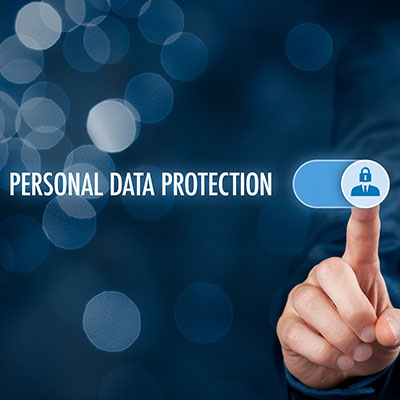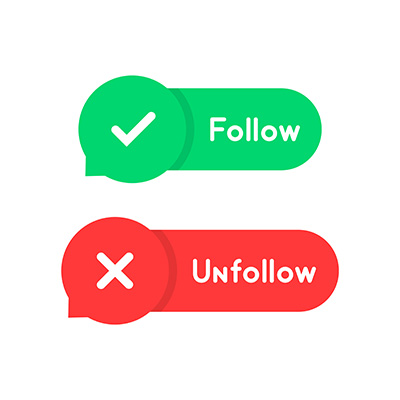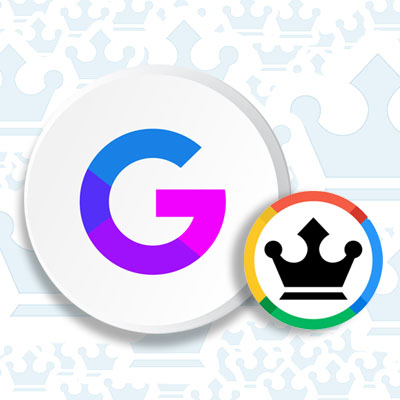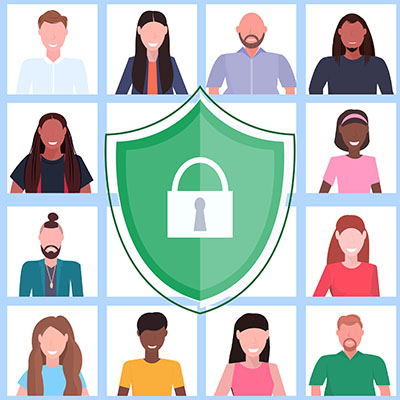You’ve likely felt it: that uncanny sense that your phone is eavesdropping or that the Internet is feeding you exactly what you love and everything you hate. We call it the Algorithm; the thing that decides what we see, who we talk to, and what we believe. The algorithm isn’t a single entity; it’s a hyper-focused, data-driven librarian with one specific goal: to keep you engaged longer and longer so the company can make more money. By treating your attention as a currency, platforms have built sophisticated engines that don’t just show you content; they predict your future behavior. Here is how the world’s biggest digital companies are shaping your worldview.
We live in a moment in time defined by connectivity, which also means we live in a time defined by unwanted correspondence. It’s never been easier to reach you by phone, email, and even social media—even when you don’t want to be reached. Today, we’re talking about how social media, in particular, presents opportunities for scammers to target you and your loved ones.
Artificial intelligence is a hot topic nowadays, making data an even more valuable resource. After all, AI platforms rely on data to function. Due to this, many platforms and services collect data from their users to feed these algorithms. LinkedIn was recently discovered to have started doing so—by default—without informing users or updating its terms of service.
In both business and personal life, Facebook and other social media platforms have become a pretty fundamental part of how people do things. Not only do we keep in touch with our friends and families, we manage our business’ reputations through these accounts.
Businesses tend to collect and capture consumer data in an effort to provide a better experience or find new customers. Many of these businesses will package this information together and sell it to marketing companies. Consumers often don’t know how to opt out of this kind of activity and, thus, wind up oversharing information. This week, we want to highlight these issues and address how you can keep your personal data from being collected without your consent.
Social media can be difficult to navigate due to how overstimulating it can be. Sometimes it is beneficial to unfollow people or pages that are either no longer relevant to you or are not doing anything for your mental health. To help you detox your social media feed a little bit, let’s discuss how you can unfollow someone on Facebook.
In our last article, we started to tell you about the search engine and outlined Google’s complete predominance of the space. This time around, we will take a closer look at a couple of other search engines that you may or may not have heard of, and how they stack up to Google Search.
Google is a tool that everyone uses to varying degrees, but the reality is that Google is but one search engine. There are others out there, and while they perform similar functions, there is a reason why Google is synonymous with web browsing. Let’s take a look at why Google is so popular, as well as how it works to give you the best search results.
Have you ever received an email notification that someone has checked out your LinkedIn profile? While you might be flattered in the moment, you might then suddenly notice that LinkedIn is doing the same thing to you, telling others when you have looked at their profile. While this isn’t always a bad thing, and can even be good for networking, you might want to adjust this setting so that your privacy can be maintained a bit better.
How often do you check social media only to find your news feed clogged with your friends and family sharing the results of quizzes like, “Which Star Wars character are you,” or “What’s your superhero name based on your birthday.” While these quizzes might seem harmless on the surface, they often hide a far more sinister agenda, one which uses the personally identifiable information provided to them for nefarious purposes.
- 1
- 2










